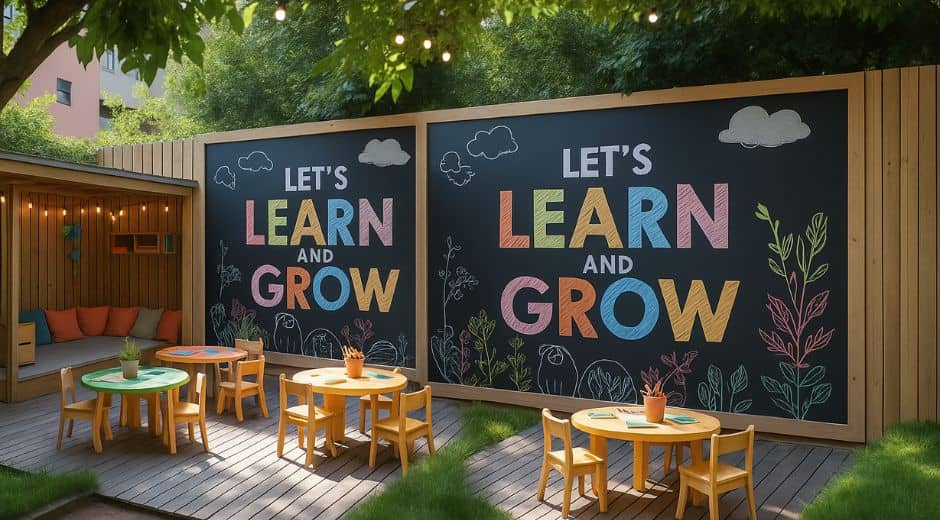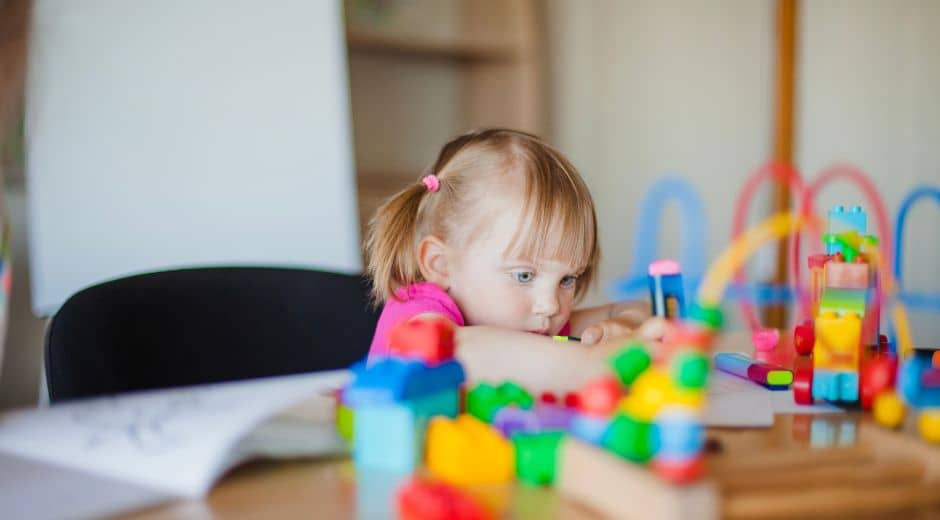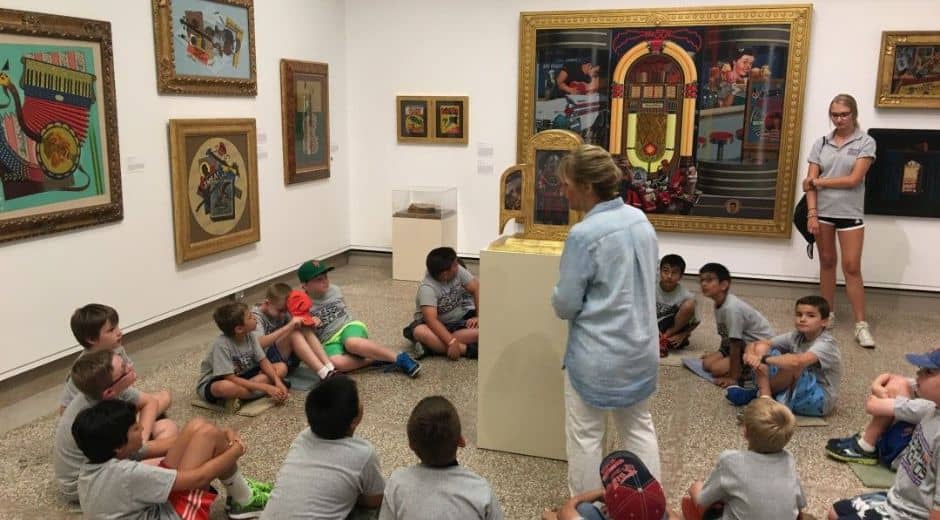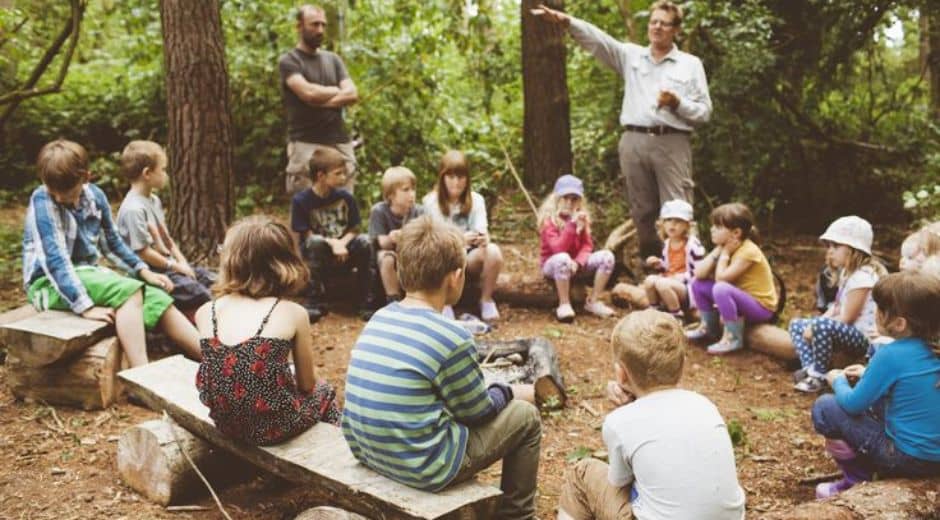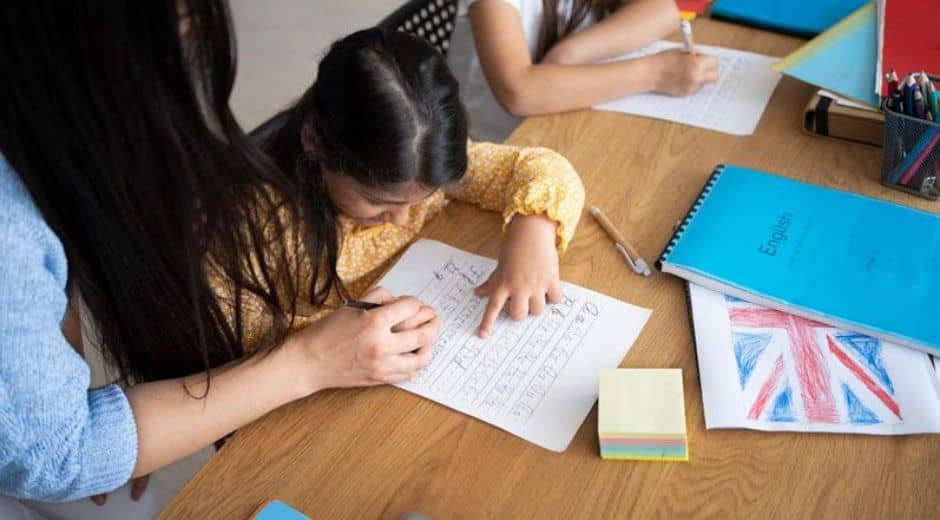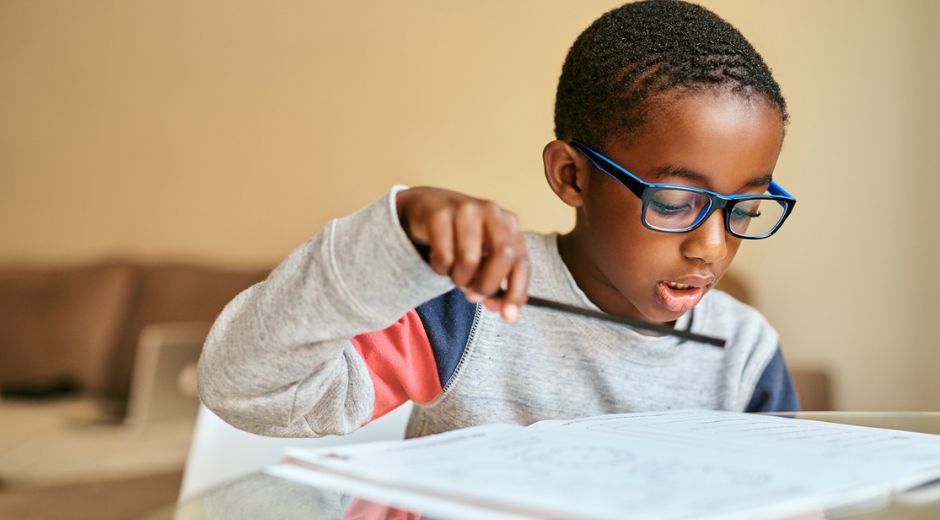Learning Through Play: Developing Kids’ Skills Through Fun
Learning Through Play: Developing Kids’ Skills Through Fun
Childhood is a magical time filled with curiosity, energy, and endless potential. Parents and educators alike have long recognized that the best way for children to learn is through hands-on experiences, creative exploration, and joyful engagement. This is the essence of Learning Through Play — an approach that combines education with fun, helping children develop cognitive, social, emotional, and physical skills naturally. In a world where formal learning often dominates early childhood, play becomes a crucial vehicle for growth, building both competence and confidence.
Why Learning Through Play Matters
Traditional education often emphasizes structured lessons, tests, and memorization. While these methods have their place, research increasingly highlights the benefits of experiential learning. The concept of Learning Through Play recognizes that children are naturally curious and that exploration fosters deeper understanding and retention.
Play stimulates the brain, encouraging creativity, problem-solving, and adaptability. Through imaginative games, role-playing, or simple puzzles, children develop critical thinking skills without the pressure of formal evaluation. According to experts on StudySkillUp, incorporating playful learning into daily routines strengthens neural pathways, making learning both effective and enjoyable.
Cognitive Development and Problem Solving
One of the most significant benefits of Learning Through Play is its impact on cognitive development. Activities such as building with blocks, solving puzzles, or participating in memory games enhance concentration, logical thinking, and spatial awareness. Children learn to experiment, make decisions, and understand cause-and-effect relationships naturally.
For example, stacking blocks teaches balance and patience, while cooperative games encourage negotiation and strategy. This type of play also supports early math and literacy skills, as children count, measure, and recognize patterns in a fun, engaging context. Resources like Chronostual offer practical strategies for parents to integrate cognitive play into daily routines, ensuring children grow academically without losing the joy of discovery.
Social and Emotional Learning Through Play
Play is not just about developing intellect; it is a powerful tool for social and emotional growth. Group activities, role-playing, and collaborative games teach children essential social skills such as sharing, empathy, cooperation, and communication.
Through interactive play, children learn to navigate relationships, understand perspectives, and manage emotions. The ability to regulate frustration, celebrate successes, and support peers fosters emotional intelligence — a vital skill for lifelong resilience. Platforms like SportsSoulPulse emphasize the importance of combining physical activity with playful learning to strengthen both social bonds and emotional wellbeing.
Physical Development and Coordination
Physical play is equally crucial. Activities like climbing, running, dancing, or sports-based games improve motor skills, coordination, and overall health. Engaging the body in active play enhances spatial awareness, strength, balance, and endurance, laying a foundation for a healthy lifestyle.
Incorporating outdoor play or active games encourages children to explore their environment, build confidence, and develop habits of movement that last into adulthood. The combination of physical activity and playful learning ensures a holistic approach to childhood development, aligning body, mind, and spirit.
Imagination, Creativity, and Curiosity
One of the defining features of Learning Through Play is its ability to nurture imagination. Open-ended activities such as drawing, building, or storytelling allow children to express themselves creatively while exploring the world around them.
Imaginative play encourages curiosity, innovation, and problem-solving in ways that structured lessons often cannot. Children learn to experiment, adapt, and think flexibly, skills that are invaluable for both personal growth and future success. Resources like TripBeyondTravel suggest incorporating travel, cultural experiences, and storytelling as forms of playful learning to broaden perspectives and spark curiosity.
Integrating Play Into Daily Learning
Parents and educators can embrace the Learning Through Play approach without abandoning traditional lessons. The key is to balance structure with freedom, ensuring that learning objectives are met while children remain engaged and motivated.
Simple strategies include:
Combining storytelling with problem-solving activities
Using educational games that reinforce math, literacy, and science concepts
Encouraging imaginative role-play to explore real-life scenarios
Incorporating outdoor exploration and movement into learning routines
By embedding playful elements into daily routines, children remain enthusiastic learners, and parents foster stronger connections with their children. According to CoolParentingTips, integrating play into everyday learning nurtures curiosity, confidence, and a lifelong love of learning.
Technology and Learning Through Play
In the digital age, technology can enhance playful learning if used thoughtfully. Interactive apps, educational games, and virtual storytelling platforms provide additional opportunities for children to engage creatively and cognitively. The challenge lies in balancing screen time with hands-on, physical, and social play to maintain holistic development.
Experts at Techtazz recommend combining digital learning with traditional play to stimulate multiple senses, promote critical thinking, and support attention span development. By curating technology-based activities carefully, parents can extend the benefits of Learning Through Play into the digital environment.
Encouraging Lifelong Skills
Beyond childhood, the skills developed through Learning Through Play have long-term benefits. Creativity, adaptability, emotional intelligence, and problem-solving continue to support success in school, careers, and personal life. Play teaches resilience, curiosity, and the joy of exploration — qualities that form the foundation of lifelong learning.
By fostering an early environment that values playful learning, parents and educators equip children with tools for both personal and academic growth. Resources like StudySkillUp and SportsSoulPulse emphasize that playful learning experiences cultivate both competence and confidence, preparing children to thrive in an ever-changing world.
Tips for Parents to Promote Learning Through Play
Create a Playful Environment: Provide open-ended toys, building materials, and art supplies to encourage exploration.
Join in the Fun: Participate in games and activities to strengthen connection and model engagement.
Celebrate Curiosity: Encourage questions and experimentation without focusing solely on “correct” answers.
Balance Structure and Freedom: Include both guided activities and free play for well-rounded development.
Incorporate Nature: Outdoor activities promote physical, cognitive, and emotional growth simultaneously.
By implementing these practices, parents support a nurturing environment that emphasizes the Learning Through Play philosophy and encourages balanced growth.
Final Thoughts
The Learning Through Play approach is more than a method — it is a mindset. It honors children’s natural curiosity, energy, and creativity while providing opportunities for cognitive, social, emotional, and physical development. By blending fun with learning, parents create experiences that are both educational and joyful, fostering a lifelong love of discovery.
Integrating playful learning into daily routines, outdoor activities, and even technology-based exploration ensures children develop holistically. Combining insights from TripBeyondTravel, StudySkillUp, SportsSoulPulse, and Chronostual with practical guidance from CoolParentingTips offers a comprehensive roadmap for raising confident, capable, and curious learners.
The power of Learning Through Play lies not only in the skills children acquire but in the joy, engagement, and connection it fosters — laying the foundation for a life of curiosity, growth, and success.
Learn Bond Bloom

Helping Kids Emotions Without Overreacting
Helping Kids Emotions Without Overreacting

Family Connection Time Ideas For Busy Parents
Family Connection Time Ideas For Busy Parents

Positive Discipline Tools That Teach Responsibility
Positive Discipline Tools That Teach Responsibility
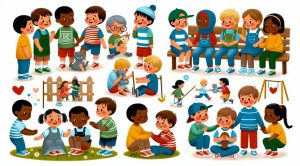
Building Emotional Skills Kids Use For Life
Building Emotional Skills Kids Use For Life
